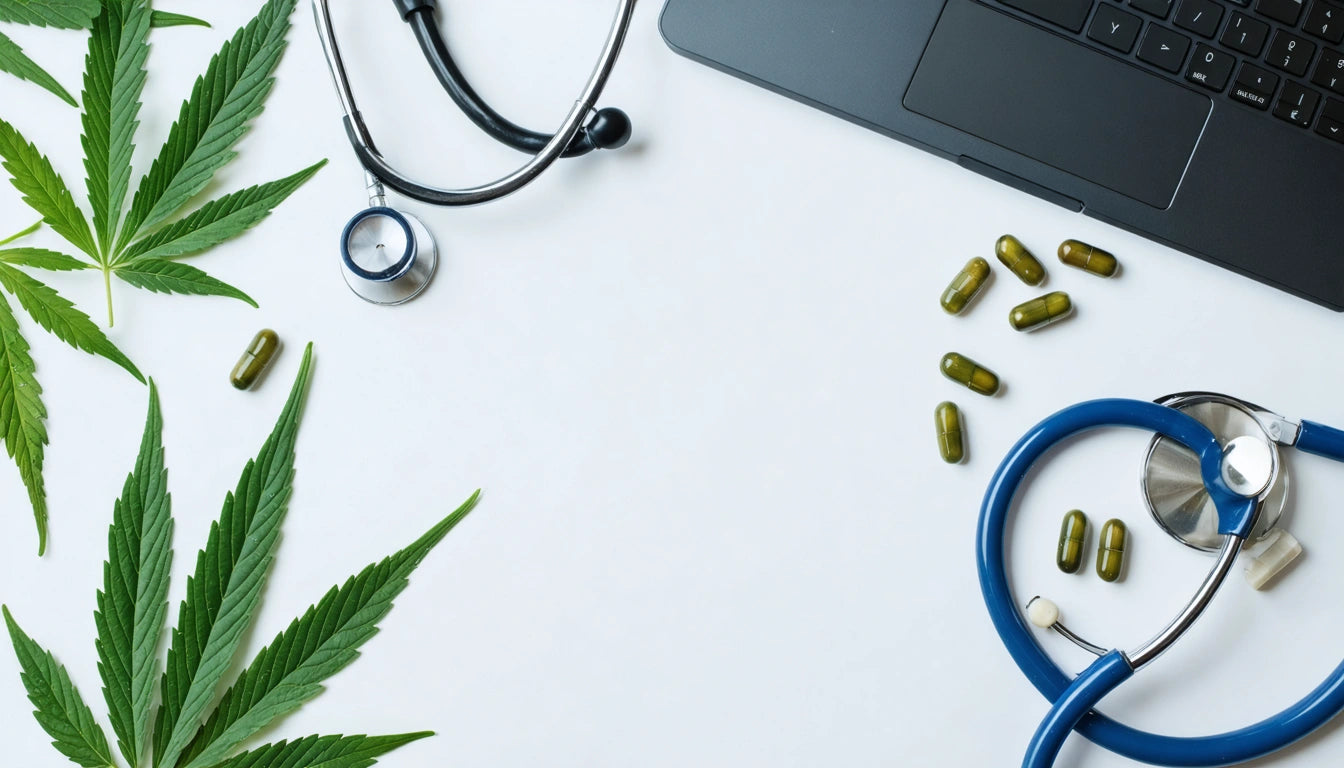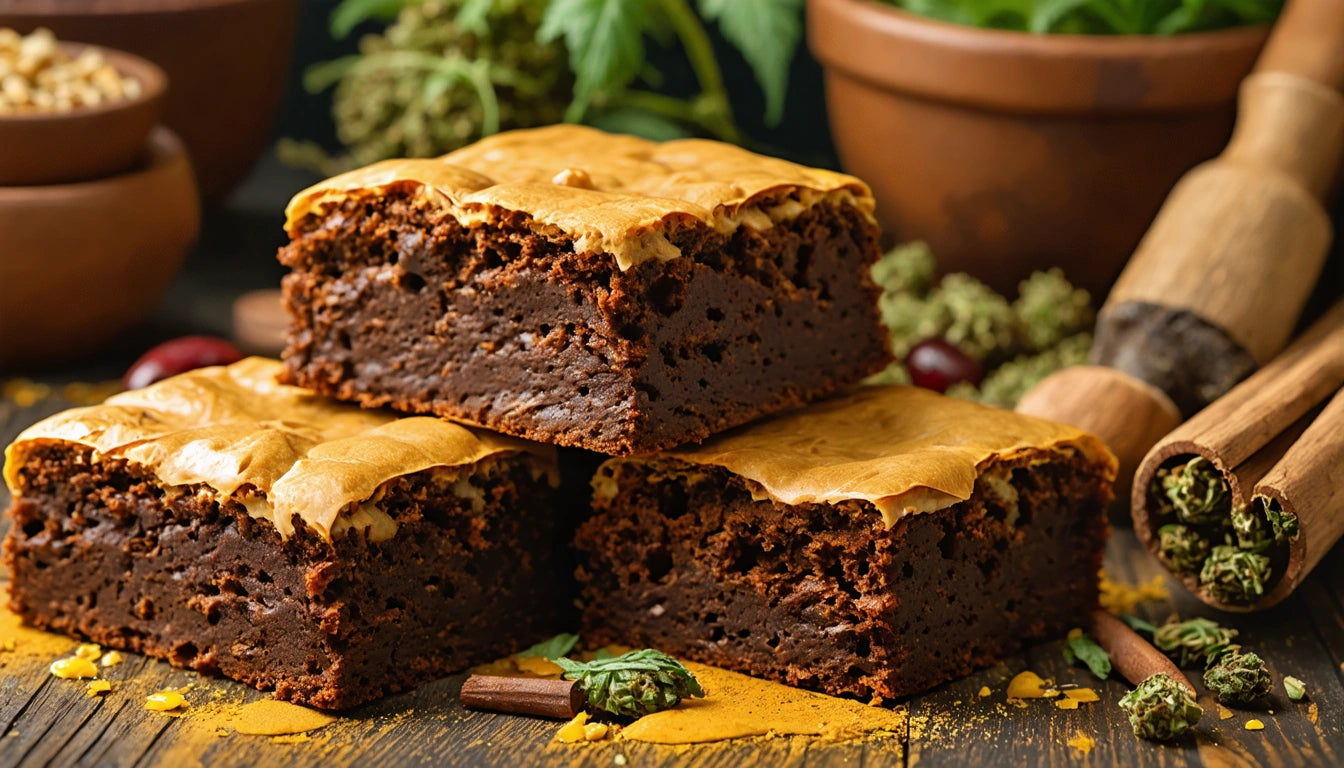Table of Contents
- THC vs Alcohol: Fundamental Differences in Effects
- Brain Impact Comparison: How THC and Alcohol Affect Neural Function
- THC Drink Landscape: Options and Availability
- Comparing Consumption Experiences: THC Seltzers vs Alcoholic Beverages
- Safety Considerations: Packaging, Dosing, and Responsible Use
- The Future of Cannabis Beverages: Innovation and Market Evolution
Comparing THC and Alcohol: Effects, Drink Options, and Brain Impact
The conversation around recreational substances has evolved significantly in recent years, with THC products emerging as alternatives to traditional alcohol. Understanding the differences between THC and alcohol can help consumers make informed choices about which substances align with their preferences and wellness goals.
THC vs Alcohol: Fundamental Differences in Effects
THC (tetrahydrocannabinol) and alcohol interact with the body in fundamentally different ways. While alcohol is a central nervous system depressant that works by inhibiting neurotransmitters, THC binds to cannabinoid receptors throughout the body, creating a more complex range of effects.
According to research on THC effects, cannabis typically produces feelings of relaxation, euphoria, altered sensory perception, and in some cases, increased creativity. Alcohol, meanwhile, progressively impairs motor skills, judgment, and coordination as consumption increases.
One significant difference lies in the onset and duration of effects:
- Alcohol: Effects begin within minutes, peak at 30-90 minutes, and typically last 1-3 hours depending on consumption amount
- THC: When consumed as a beverage, effects usually begin within 15-45 minutes, peak at 1-2 hours, and can last 4-6 hours or longer
Brain Impact Comparison: How THC and Alcohol Affect Neural Function
When examining THC vs alcohol effect on brain function, research indicates substantial differences in how these substances impact neural pathways. Studies comparing alcohol and cannabis show that alcohol tends to have more pronounced effects on memory formation and motor coordination.
Alcohol affects the brain by enhancing the effects of GABA (an inhibitory neurotransmitter) while blocking glutamate (an excitatory neurotransmitter). This creates the characteristic intoxication effect. Long-term heavy use has been associated with brain volume reduction and cognitive impairments.
THC primarily works through the endocannabinoid system, binding to CB1 receptors in the brain. This interaction affects functions including memory, pleasure, concentration, coordination, and sensory perception. Research on long-term effects continues to evolve, with some studies suggesting less severe cognitive impacts compared to chronic alcohol use.
THC Drink Landscape: Options and Availability
The market for THC-infused beverages has expanded rapidly, offering alternatives to traditional alcoholic drinks. Products range from seltzers and tonics to teas and mocktails. These beverages typically contain precisely measured doses of THC, often between 2-10mg per serving.
When considering the best THC drinks, consumers should evaluate several factors:
- Onset time: Some beverages feature nanoemulsion technology for faster effects
- THC:CBD ratio: Different ratios produce varying experiences
- Added ingredients: Terpenes and other cannabinoids can enhance effects
- Calorie content: Many THC seltzers contain fewer calories than alcoholic alternatives
The legal status of these products varies significantly by location. This guide on THC drink legality provides state-specific information about where these products can be purchased legally.
Comparing Consumption Experiences: THC Seltzers vs Alcoholic Beverages
When comparing THC seltzer vs alcohol consumption experiences, several key differences emerge. THC beverages typically offer more predictable dosing than alcoholic drinks, allowing for more controlled experiences. Many consumers report that THC drinks produce less intense hangovers or next-day effects compared to alcohol.
Social dynamics also differ between the two substances. Alcohol tends to reduce inhibitions and may increase sociability initially, while THC effects vary more by individual and strain type. Some users report enhanced sensory experiences with THC that aren't typical with alcohol consumption.
For those interested in exploring different types of THC products, beverages offer an accessible entry point with precise dosing and familiar consumption methods.
Safety Considerations: Packaging, Dosing, and Responsible Use
Safety remains paramount when consuming any psychoactive substance. THC beverages present unique challenges regarding responsible storage and consumption. Products must be kept secure from children and pets, with proper safety closures and child-resistant packaging being essential for home storage of cannabis beverages.
Unlike alcohol, where standard drink measurements are well-established, THC dosing requires more consumer education. First-time users should start with low doses (2-5mg) and wait for full effects before consuming more. The delayed onset of edible THC products, including beverages, can lead to overconsumption if users don't wait long enough between doses.
Both substances impair driving ability and should never be consumed before operating vehicles. However, testing for THC impairment remains more complicated than alcohol testing, creating legal and safety challenges.
The Future of Cannabis Beverages: Innovation and Market Evolution
As cannabis regulations evolve, the THC beverage market continues to innovate. Emerging trends include rapid-onset formulations, broader distribution networks, and increasingly sophisticated flavor profiles. Many industry experts predict that cannabis beverages could eventually capture significant market share from traditional alcoholic drinks.
The future may also bring more nuanced products with specific effect profiles. Just as THC products are being developed for specific wellness goals, beverages may become more tailored to desired experiences, from social enhancement to relaxation.
For consumers navigating the choice between THC and alcohol, understanding the fundamental differences in effects, brain impact, and available products provides the foundation for making informed decisions based on personal preferences, health considerations, and desired experiences.











Leave a comment
All comments are moderated before being published.
This site is protected by hCaptcha and the hCaptcha Privacy Policy and Terms of Service apply.